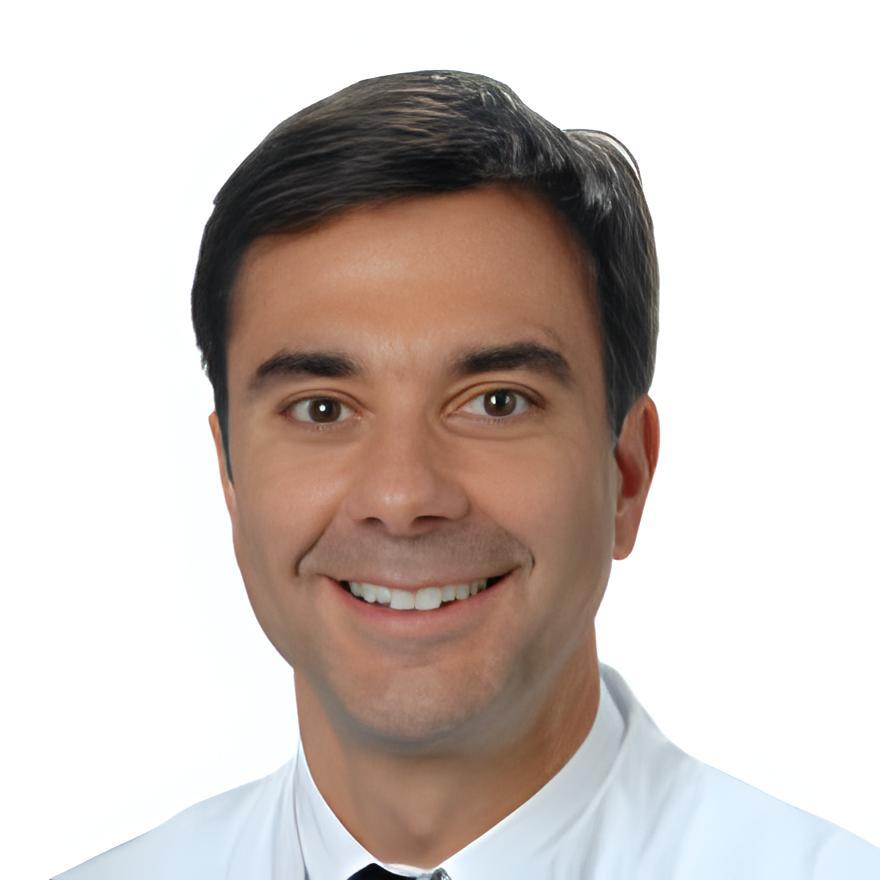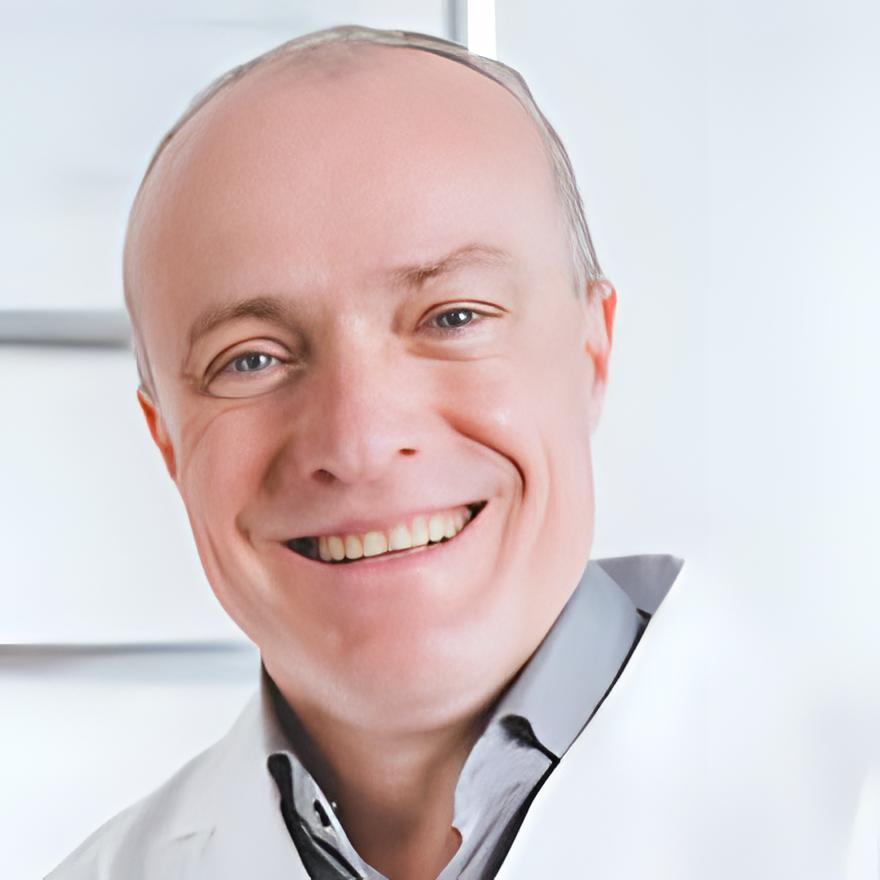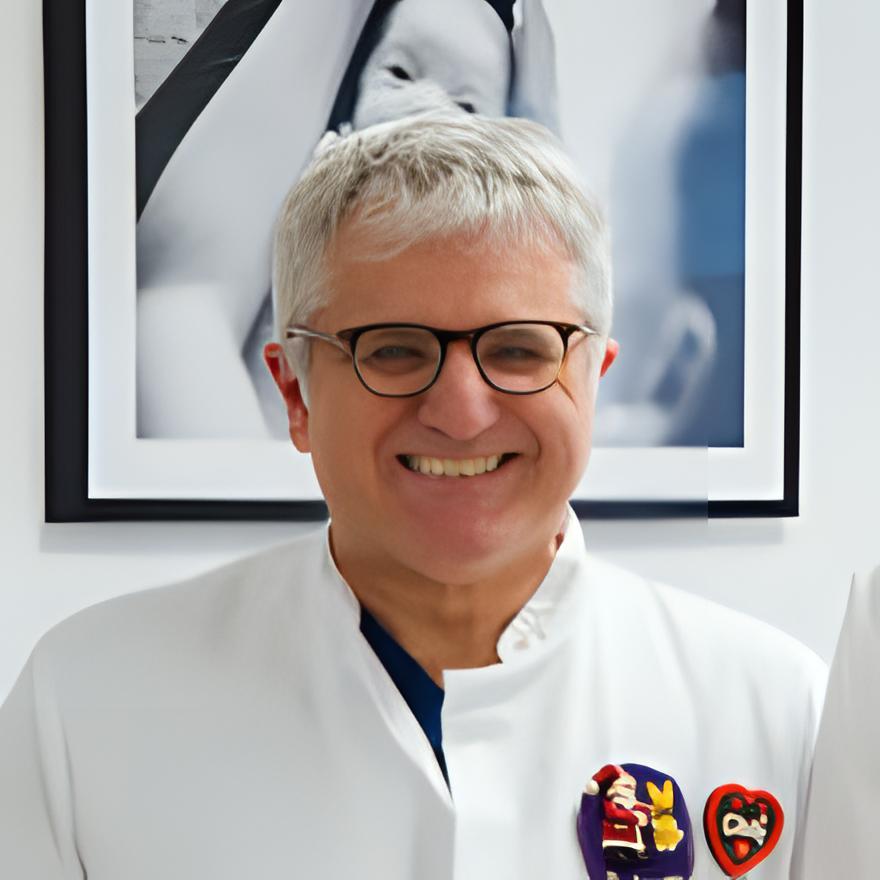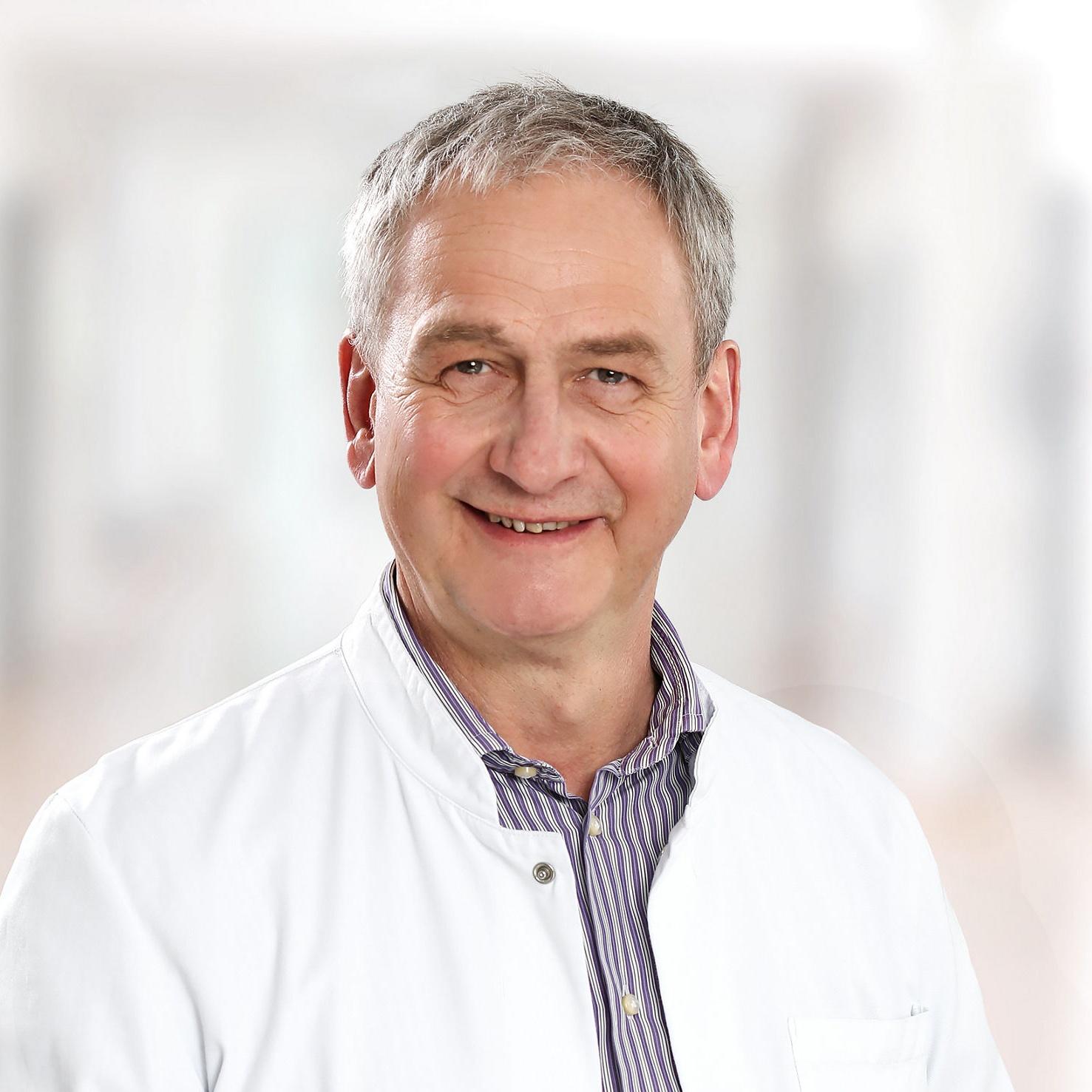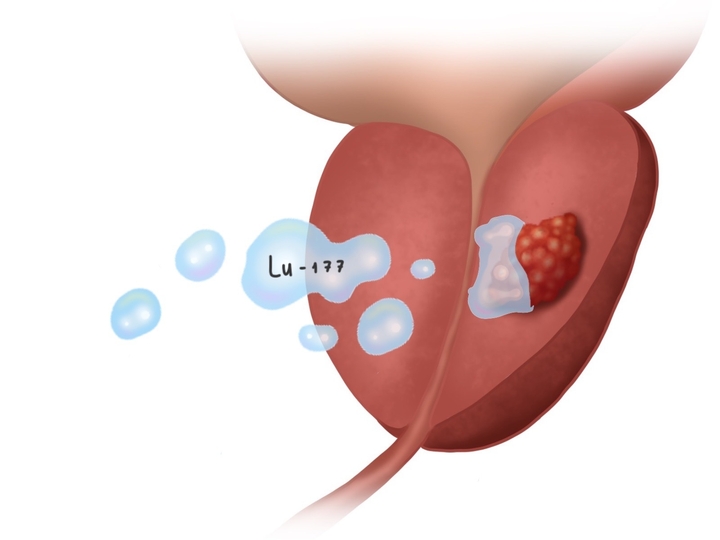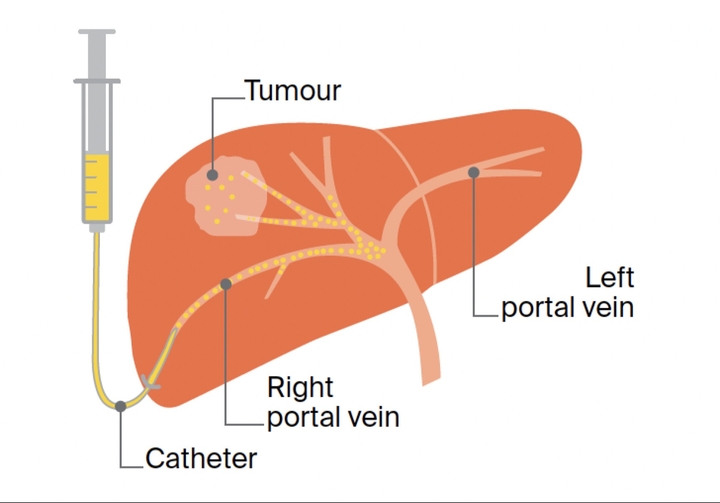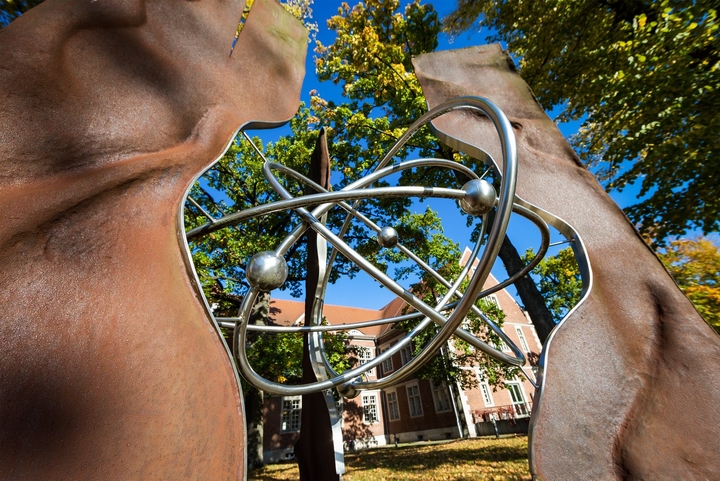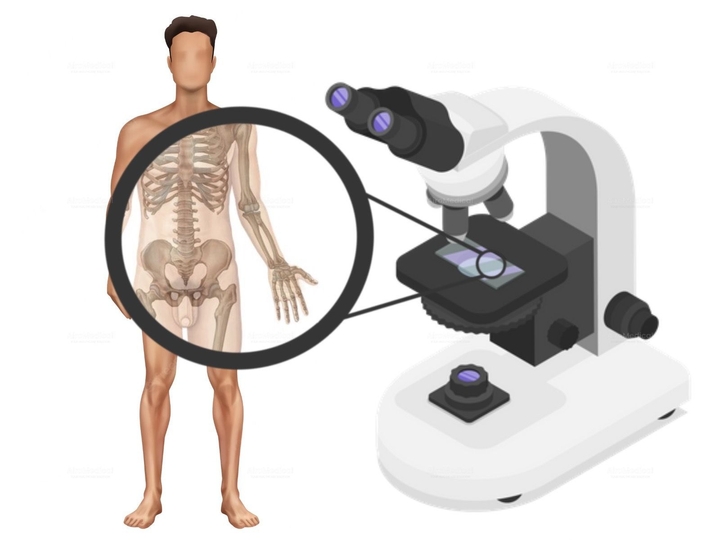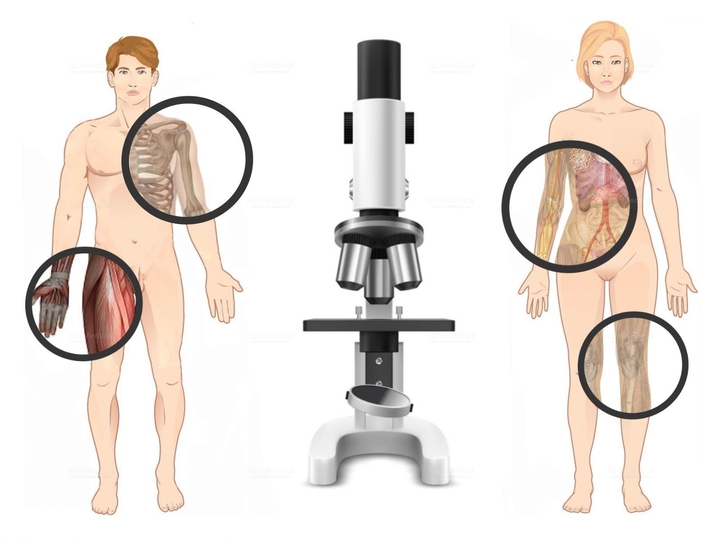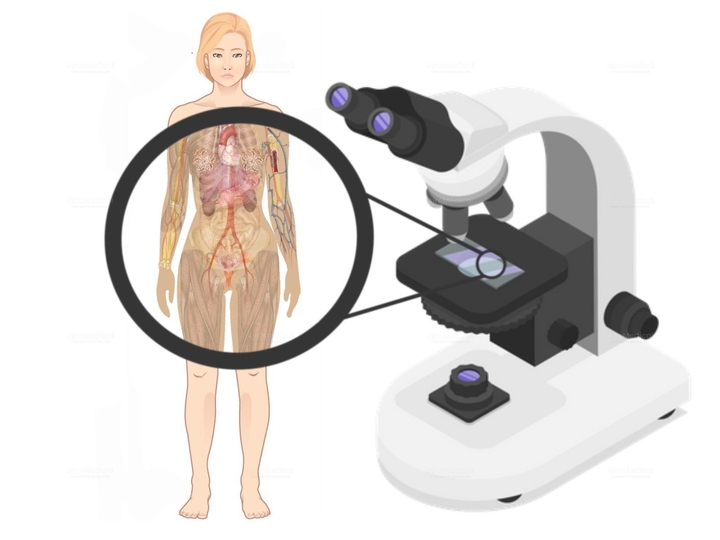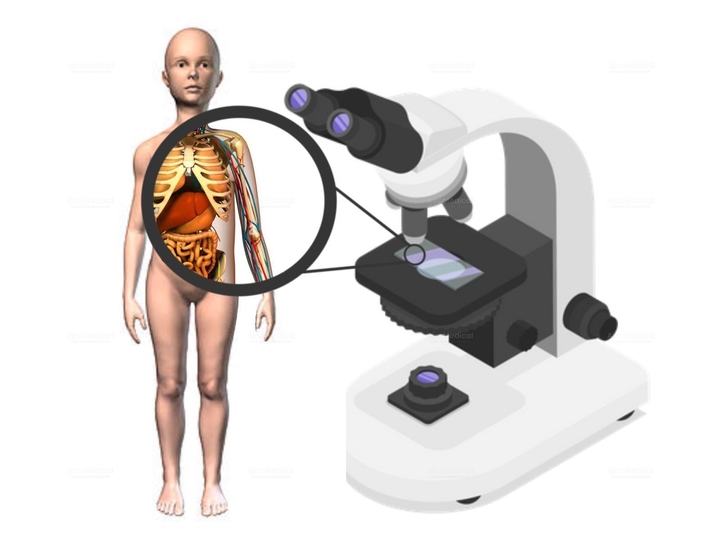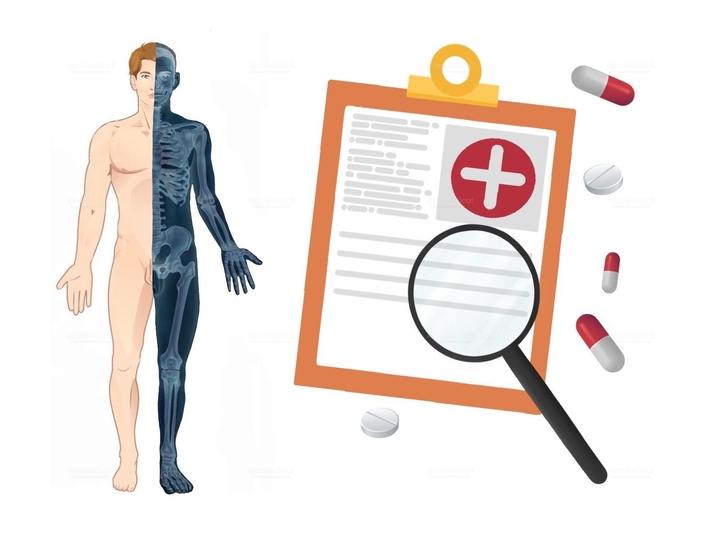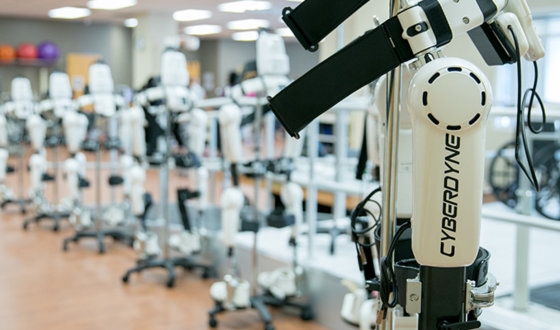Cardiology Worldwide: Best Hospitals, Doctors, Options, & Cost
Effective treatment for cardiology is crucial due to the prevalence of cardiovascular diseases (CVDs), which are still the leading cause of death worldwide, accounting for 31%. CVDs include coronary artery disease, heart failure, arrhythmias, valvular heart disease, and congenital heart defects, significantly impacting life quality. Fortunately, most of these cardiology conditions are treatable, and lifestyle changes, early detection, and proper care can reduce risk factors.
It's essential to consult a cardiology doctor in a well-equipped hospital promptly to prevent permanent damage to the body and lower the complications, improving overall health and well-being.
Best heart hospitals
How to choose the best heart hospital in the world?
Choosing the best cardiology hospital for your loved one's health is complicated. Modern heart care requires qualified specialists, advanced equipment, and drugs. The best option is to contact a cardiology center specializing in your illness. Qualifications and reputation are crucial for any facility. Clinics recognized by reputable medical communities are more reliable.
The hospital's reputation can be determined by evaluating its achievements and patient satisfaction ratings. You should choose a cardiology hospital with experienced cardiologists, access to cutting-edge technologies, and individualized treatment for cardiovascular diseases across all age groups.
Studying the financial policies is also recommended to ensure you can afford the necessary treatment. An ideal heart hospital should combine patient-centered care, advanced technology, and skilled cardiologists. AiroMedical has provided an overview of the best cardiology clinics, but each case is individually assessed.
Top cardiologists
A short guide to finding the best heart doctor in the world
Nowadays, nearly all medical centers employ cardiologists, but it can be challenging to select a proficient one. What are the criteria to consider when selecting a top-rated cardiologist? Consider their credentials, experience, attentiveness, and trustworthiness. Look for a doctor with many years of experience and appropriate education and certification. You should also choose someone you feel comfortable with and can establish a long-term relationship with.
When choosing the best heart doctor, consider the reputation and quality of the hospital. The clinic's condition, including new equipment and certificates displayed in the doctor's office, reflects the quality of service and the presence of highly qualified specialists.
All these factors combined can provide high-quality service and timely diagnosis and resolution of the problem. Therefore, it is essential to trust the specialist with your health by ensuring they meet all these criteria.
Cardiological tests used in TOP heart centers
Many examinations and evaluations are performed to assess heart health and identify risk factors. In addition to routinely used at every cardiology clinic and hospital electrocardiogram, echocardiogram, and cardiac stress test, more accurate diagnoses are being made using new approaches together with these old ones. These methods are used in high-specialized cardiology centers. We know the opportunities of almost every facility at such a level.
New diagnostic methods in cardiology
These new tests are helping cardiology doctors diagnose heart abnormalities, plan therapies, and monitor their efficacy. Just find the “right” specialist and hospital.
Top offers
Advanced treatment solutions in cardiology
Better cardiology treatment options refer to various medical treatments and procedures used to manage and treat heart conditions without surgery or invasive procedures. These treatments are typically used to manage chronic conditions, prevent future heart problems, reduce healthcare costs, and improve the quality of life for patients with heart disease and their families.
The latest non-surgical treatments options for heart diseases
Some extra methods
In conclusion, these advanced treatment solutions in cardiology clinics have significantly improved the diagnosis and treatment of heart disorders. However, consulting with a qualified cardiologist from a reputable hospital is essential to determine the most appropriate treatment options based on individual circumstances.
Cardiology treatment cost
Cardiology€1,553 - 30,725
Advantages of medical tourism
Patients are increasingly seeking the best possible care to address their health concerns. For those struggling with heart conditions, finding a highly qualified cardiology doctor or receiving a second opinion in a hospital overseas can make all the difference in their health outcomes. Unfortunately, not all patients can receive the care they need in their home countries, so seeking cardiology hospitals for treatment abroad has become increasingly popular.
Benefits of medical travel for cardiology
We at AiroMedical are ready to help you and your loved one to find the most suitable cardiology hospital and doctor. This can help remove some of the stress and uncertainty so that you can focus on your recovery and overall health. You choose – to wait or make a request, receive the best cure, and improve heart health. We are here to help.
How AiroMedical can help you
Read more in our blogs
FAQ
What are the best clinics for Cardiology?
Who are the best doctors for Cardiology?
Prof. Dr. med. Karl-Ludwig Laugwitz from
University Hospital Rechts der Isar Munich
Prof. Dr. med. Heiko Stern from
M1 Private Clinic Munich
Prof. Dr. med. Steffen Massberg from
University Hospital Ludwig-Maximilians Munich
Prof. Dr. med. Jörg Otto Schwab from
Beta Clinic Bonn
Dr. med. Sven Hausen from
Beta Clinic Bonn








